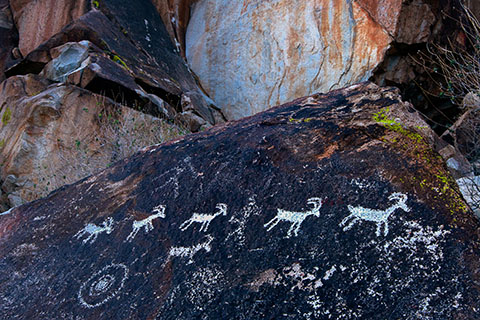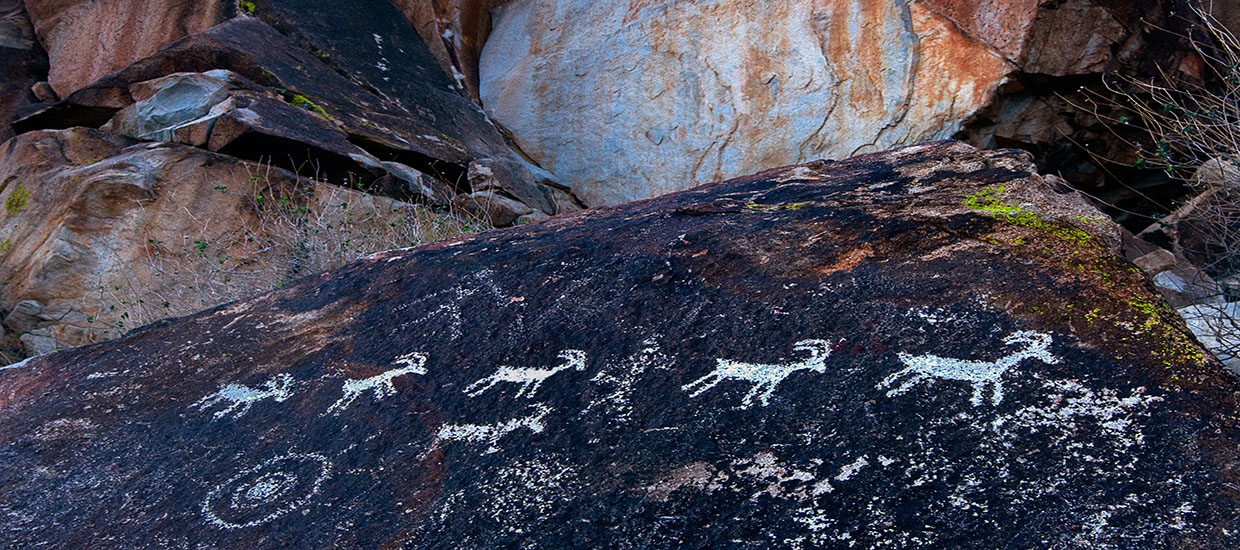Trained as an ethnomusicologist, jazz historian, and pianist, Mark Lomanno explores the resonances between artistic performance, academic study, and sustainable community-building. Specializing in interdisciplinary approaches to music studies, Lomanno approaches his teaching and research through a mix of ecomusicology, environmental humanities, ethnography, improvisation studies, historiography, phenomenology, spirituality studies, and translation studies. Geographically, Lomanno’s ethnographic, performance, and scholarly work are based in the Afro-Atlantic world, most especially in the Canary Islands.
Lomanno has published writing in multiple journals, the Grove Dictionary of American Music, and in two recent edited volumes (Intimate Entanglements: Vulnerability in the Ethnography of Performance and Playing for Keeps: Improvisation in the Aftermath of Crisis). He co-edited (with Daniel Fischlin) The Improviser’s Classroom: Pedagogies for Co-Creative Worldmaking, published by Temple University Press in 2025 for the Press’s Insubordinate Spaces series. He has several ongoing projects, including chapters in Translating the Field: Music, Power, Praxis; the Oxford Handbook of Ecomusicology; and Critical Approaches to Canary Island Studies. His monograph on intercultural collaboration in global jazz is forthcoming.
Through his teaching, research, and performance Lomanno is active in community-based and public initiatives, most especially through outreach and advocacy work related to his ethnographic courses and scholarship. He has curated several residencies and symposia, including on: Improvisation and Social Advocacy (2015), with Canarian jazz fusion group Simbeque (2017), Black Feminist Ecologies (2021), and the “Homegrown Dialogues” event (2025) with vocalist Andromeda Turre at Yale University, funded by a grant from the University’s Institute for Sacred Music. As a jazz industry professional, Lomanno has experience in archival work, arts administration, music journalism, and venue management. He also writes for the magazine Jazz Times and runs the website “Rhythm of Study” (rhythmofstudy.com). Lomanno’s piano performance career includes residencies and appearances across the United States and abroad, along with several recordings, including a 2013 collaborative release with Canarian saxophonist Enrique “Kike” Perdomo.
Lomanno has served in several administrative roles for the Society for Ethnomusicology, including as former Chair of the Improvisation Section. Lomanno is also active in the American Musicological Society, the Grupo Internacional de Estudios Canarios, Jazz Journalists Association, the Small Island Cultures Research Initiative, as well as the international jazz research networks, Rhythm Changes (based in the European Union) and the International Institute for Critical Studies in Improvisation (Canada).
At the University of Miami, Lomanno has a secondary appointment in the Department of Anthropology and serves on the Faculty Advisory Council for the Abess Center for Ecosystem Science and Policy. Before coming to Miami, Lomanno taught at Swarthmore College (as a Consortium for Faculty Diversity and Mellon Foundation Postdoctoral Fellow), St. John’s University, Northeastern University, and Albright College (with appointments in Africana Studies, Latin American Studies, and Women’s and Gender Studies).





